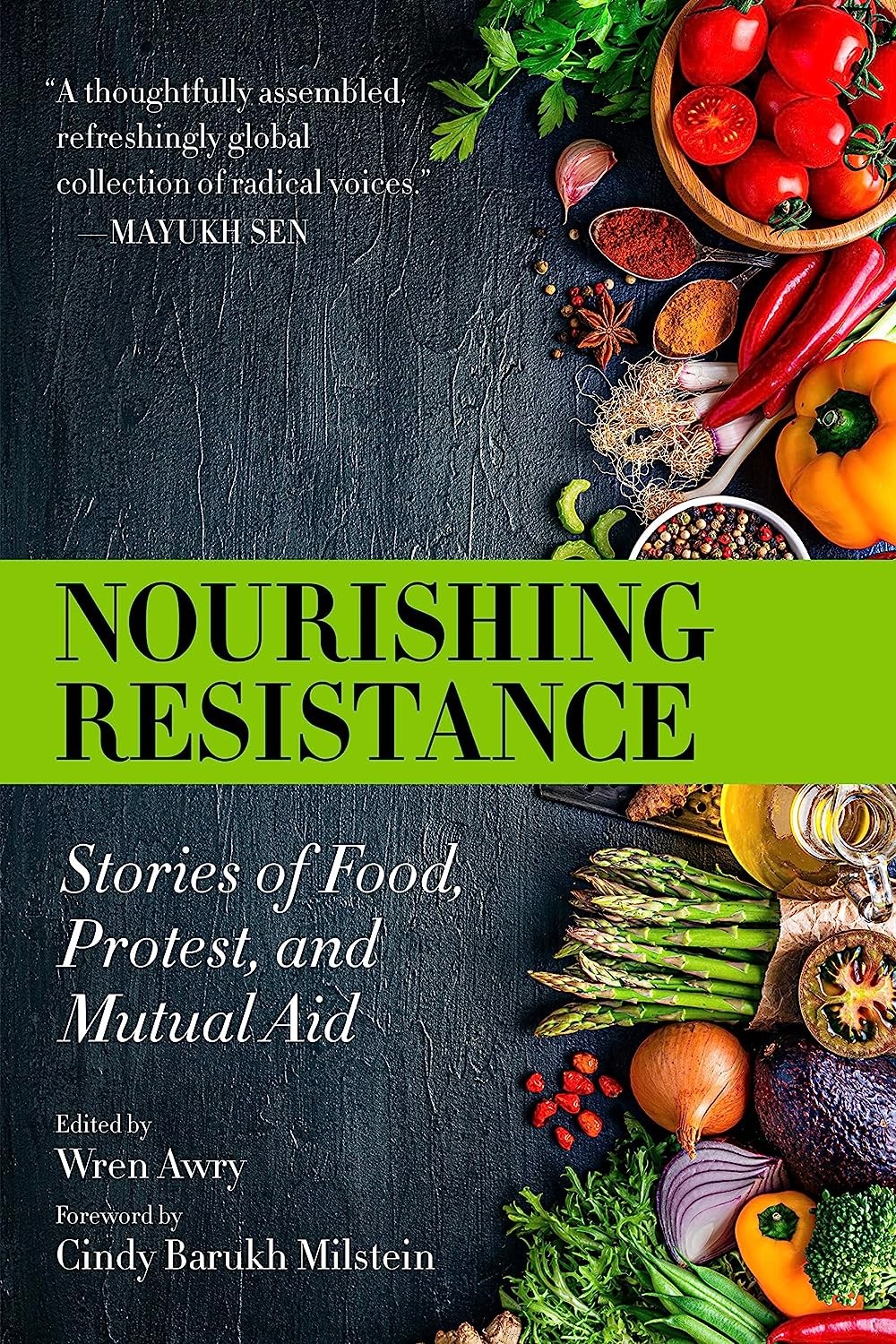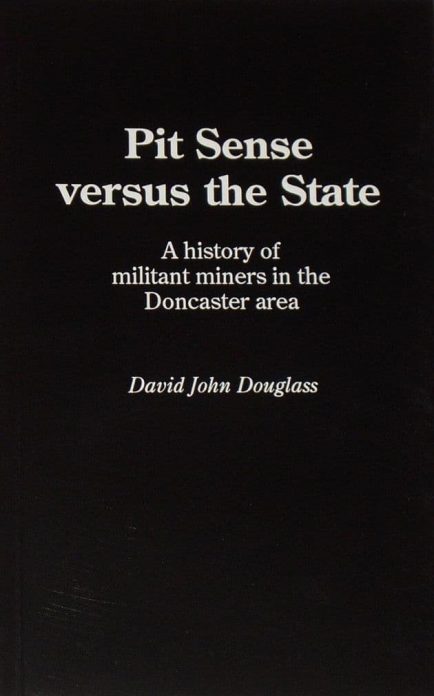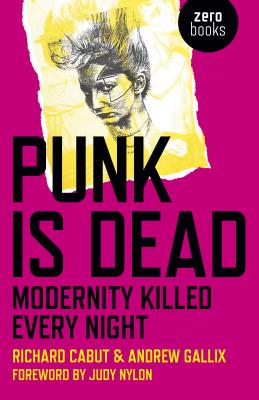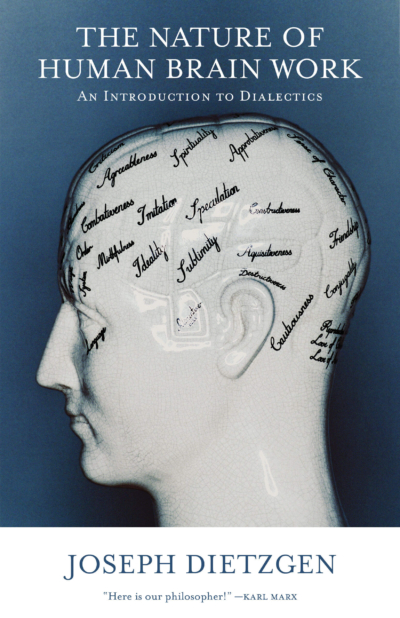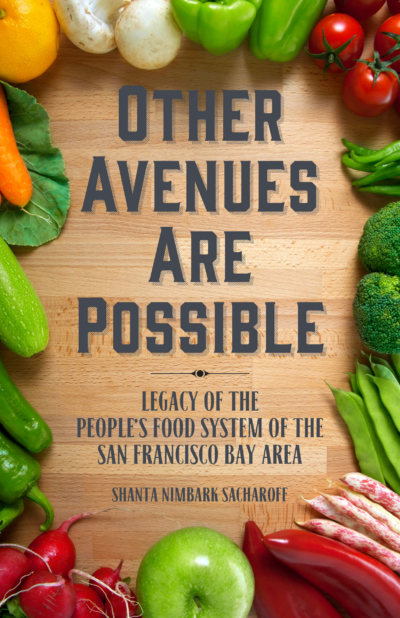Nourishing Resistance
Original price was: £14.50.£10.00Current price is: £10.00.
Stories of Food, Protest and Mutual Aid. Edited by Wren Awry, PM Press 2023
Description
From the cooks who have quietly fed rebels and revolutionaries to the collective kitchens set up after hurricanes and floods, food has long played a crucial role in resistance, protest, and mutual aid.
Until very recently, food-based work–steadfast and not particularly flashy–slipped under the radar or was centered on celebrity chefs and well-funded nonprofits. Adding to a growing constellation of conversations that push against this narrative, Nourishing Resistance centers the role of everyday people in acts of culinary solidarity.
Twenty-three contributors–cooks, farmers, writers, organizers, academics, and dreamers–write on queer potlucks, BIPOC-centered farms and gardens, rebel ancestors, disability justice, indigenous food sovereignty, and the fight against toxic diet culture, among many other topics. They recount bowls of biryani at a Delhi protest, fricasé de conejo on a Puerto Rican farm, pay-as-you-want dishes in a collectively-run Hong Kong restaurant, and lemon cake cooked in a New Jersey disaster relief kitchen. They chronicle the communal kitchens and food distribution programs that emerged in Buenos Aires and New York City in the wake of COVID-19, which caused surging food insecurity worldwide. They look to the past, revealing how “Bella Ciao” was composed by striking women rice workers, and the future, speculating on postcapitalist worlds that include both high-tech collective farms and herbs gathered beside highways.
Through essays, articles, poems, and stories, Nourishing Resistance argues that food is a central, intrinsic part of global struggles for autonomy and collective liberation.
With a foreword by Cindy Barukh Milstein.
Reviews:
“This collection of essays offers invaluable frameworks and inspirational models on how to get food out of capitalist markets and into the hands and stomachs of all. They fiercely demonstrate how the harvesting, growing, preparing, cooking, sharing, and eating of food has shaped and re-shaped our cultures, created the social conditions for conviviality, and helped to break the seclusion and alienation that racist capitalist patriarchies organize. A must read for all who dream of keeping practices of commoning.”
— Silvia Federici, author of Caliban and the Witch: Women, the Body and Primitive Accumulation
“This book is delicious in all seven colours of the rainbow, as we say in South Africa about a balanced meal that is diversely nutritious. It is the queer potluck club where new friends bring casseroles of dangerously loving inscriptions of a future that is free and freeing. It is a buffet of radical imaginations of past, present, and future cooperatives fighting for new arrangements of society that facilitate self-determination, intersectional justice, and equity. This meditation and manifesto on food brings into focus how food, its presence, its cultures, its systems, and its work, is vital to any liberatory or emancipatory agenda. Food is not only essential for cultivating multigenerational connection and community outside of the nuclear family structure, as one writer notes, but also for prying apart all sorts of binaries to release new possibilities and futures. When you are done, lick your fingers. They will taste like canned beans left along migrant trails in Arizona, homemade sourdough that stood up against coal giants, and the stew that was a tool to foster closer bonds in the migrant residents of Constitución. There will be nothing to waste.”
— Kneo Mokgopa, writer and artist
About the Contributors:
Wren Awry is a writer, editor, and archivist whose work ranges from researching and writing about the role of food in labor strikes, mutual aid projects, and revolt to helping with community dinners at their local, collectively run social center. They’ve written about food for publications including the Rumpus, Entropy, and Blind Field: A Journal of Cultural Inquiry; and have facilitated various culinary writing classes, including garden poetry for first graders and a community workshop on queer food writing. Most recently, they’ve been digging through radical, labor, and zine archives to find materials related to food and cooking, and are learning to build archives on their own and in collaboration with others.
Cindy Barukh Milstein, a diasporic queer Jewish anarchist, author of Paths toward Utopia: Graphic Explorations of Everyday Anarchism and Anarchism and Its Aspirations, and editor of anthologies such as Rebellious Mourning: The Collective Work of Grief, Deciding for Ourselves: The Promise of Direct Democracy, and There Is Nothing So Whole as a Broken Heart: Mending the World as Jewish Anarchists. Long engaged in anarchistic organizing and social movements, Milstein is passionate about shaping and sharing magical do-it-ourselves spaces with others, such as the Institute for Advanced Troublemaking’s Anarchist Summer School and the Montreal Anarchist Bookfair, being a doula for books and mourning, and embodying as much solidarity, collective care, and love as possible.
Additional information
| Weight | 0.255 kg |
|---|

